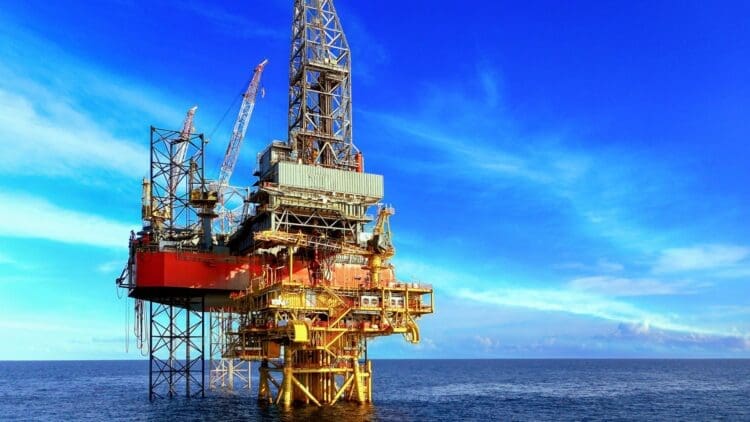The global liquefied natural gas sector has faced some troubling times in recent months as several nations see energy companies pulling out of substantially large LNG projects. Aligning with that global stance is Japan’s Inpex, which has recently been considering cutting its stake in Indonesia’s Abadi LNG project. Inpex is a vast energy company that has projects all over the world, including the project in Indonesia and another one in Australia. The Japanese energy company may need to reduce its stake following calls from the Indonesian government to divest its stake to local companies.
The upstream gas sector has come under heavy scrutiny in recent years as the renewable energy sector gains momentum
The world has become acutely aware of the disastrous effect that the fossil fuel sector has had on the global environment. From Japan to Los Angeles, climate change has impacted nations across the world as the inevitable consequences of the global reliance on gas and coal become ever more evident.
Reports have now emerged that the Japanese upstream firm has been mandated to cut its stake in the Abadi LNG export project in southern Indonesia. The move was unexpected as the project had recently entered the front-end engineering and design (FEED) phase, marking a significant milestone in the progress of the project.
Inpex holds a majority stake in the Abadi LNG export project
Inpex is the operator of the Abadi LNG export project and holds a 65% stake. The project exemplifies the cooperative nature of the global energy sector, as Indonesia’s state-owned Pertamina holds a 20% stake, while Malaysia’s state-owned Petronas holds the remaining 15%. The global cooperative nature of the energy sector has become clearer in recent years.
Inpex has been exploring the gas site for nearly 20 years and has been developing the LNG project since 2019, when it secured local government approval. Upon a request from the Indonesian government, Inpex will have to divest a percentage of its stake to a local company.
The Abadi LNG project has reached a crucial milestone in its development phase
While the details of the exact ratio of the sell-down remain a secret, Inpex president Takayuki Ueda noted earlier this year that the figure may be around 10%. The company states that the divestment would be similar to the action it took for the Ichthys LNG project in Australia, which it operates.
Notably, the company has entered the crucial front-end engineering and design (FEED) phase and aims to reach a final investment decision in 2027. Indonesia is among the nations of the world that still rely heavily on the LNG sector to not only produce energy, but also to employ hundreds of the local populace.
Inpex has already received non-binding letters of intent from potential buyers exceeding the planned production volume. Indonesia’s government has placed importance on bringing in local companies that strengthen the nation’s ability to operate and manage the massive LNG sector. As the global upstream sector has seen significant production declines in recent months, the LNG sector in Indonesia will serve the nation for many years to come.
More nations across the world are investing in the upstream gas and oil sector
The fragility of the global energy sector has several nations considering how best to diversify their energy market. While certain countries are leaning towards the renewable energy sector, other nations have invested billions in the upstream oil and gas industry. One such nation is the African energy giant Algeria, which aims to invest $60 billion in its upstream sector by the end of the decade. Indonesia is aiming to boost the local economy by mandating that Inpex divest a percentage of its stake to a local, or at the very least, regional energy company.





